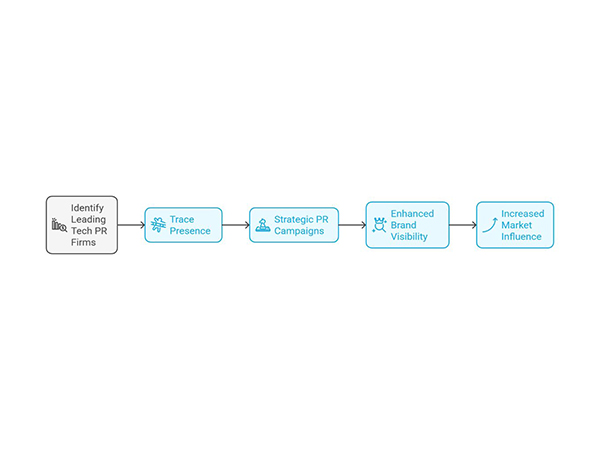South African president orders immediate closure of tuck shops linked to food poisoning cases
Nov 16, 2024
Johannesburg [South Africa], November 16: Addressing the nation on Friday evening, South African President Cyril Ramaphosa announced the immediate closure of all tuck shops implicated in the recent food-borne illness outbreak that claimed the lives of children.
"Non-compliant businesses and shops linked to any poisoning incident or found to unlawfully stock hazardous chemicals will be shut down," he said.
Ramaphosa's address followed reports of nearly 900 cases of food-borne illnesses across all provinces in the country since September, with Gauteng and KwaZulu-Natal being the most affected. At least 22 children have died, prompting urgent measures.
An investigation into the deaths of six children in Soweto, a township in Johannesburg, revealed in early October that they had ingested organophosphate pesticide, commonly known as "Terbufos."
Ramaphosa stressed removing such hazardous pesticides from public access to prevent further tragedies. "The first intervention is to get hazardous pesticides off the street. The second critical intervention is to protect children from exposure to these substances," Ramaphosa noted.
The president said these measures were decided during a special cabinet meeting, noting that all spaza shops and food retailers must register with their local municipalities within 21 days. Non-compliance, he warned, would result in closure.
To enforce these measures, a massive campaign for door-to-door inspections of tuck shops and informal traders will be launched, starting with Gauteng and KwaZulu-Natal.
"This will be undertaken by interdisciplinary inspection teams consisting of the South African Military Health Services, environmental health practitioners, the South African Police Service, the National Consumer Council, labor inspectors, and others," he said. "The initial phase of inspections will need to be completed within a month."
Ramaphosa also extended condolences to the families affected, highlighting the growing danger of unregulated pesticide use in communities. "The unregulated use of restricted pesticides in communities has become a growing problem, with devastating consequences," he added.
Source: Xinhua








